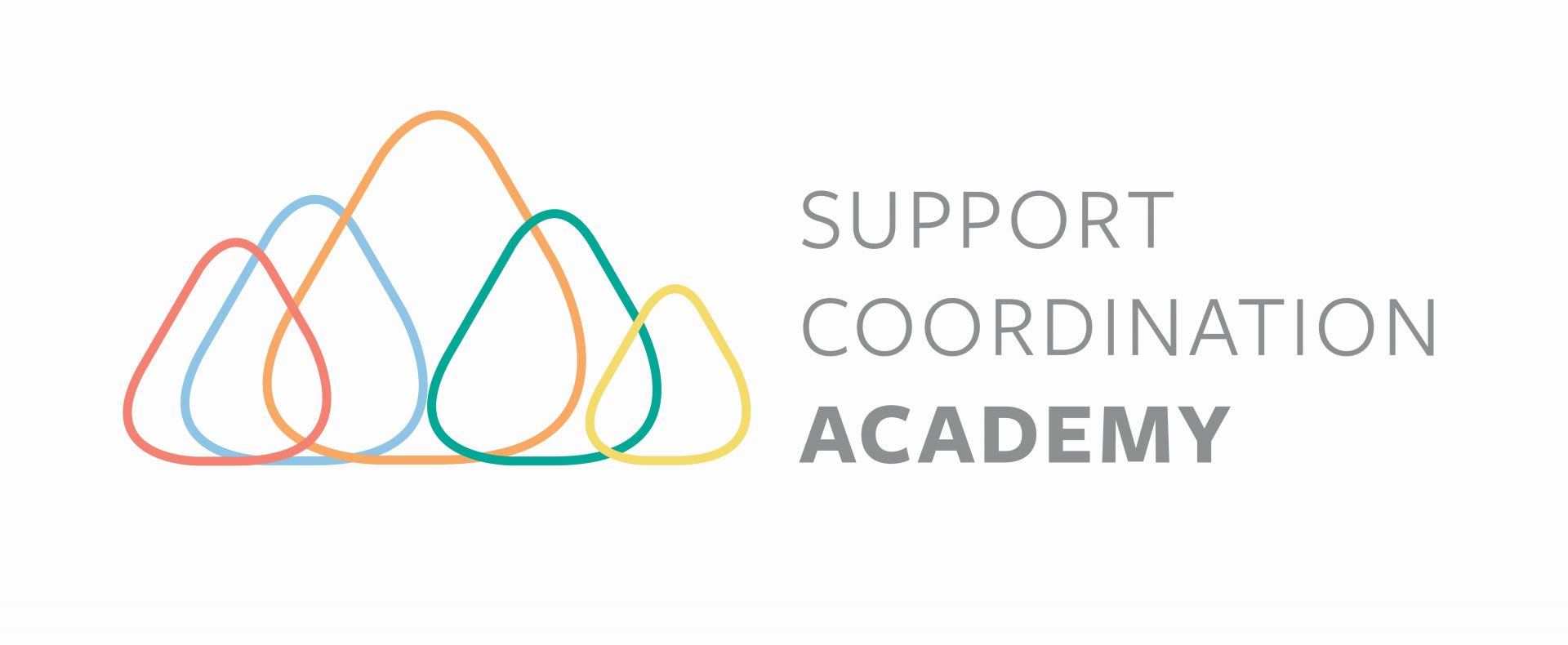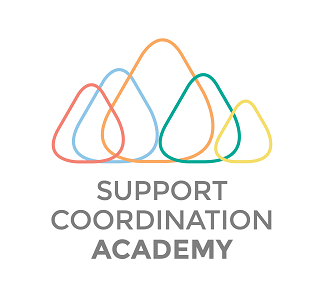Applying Assistive Technology Insights to Empower Young Lives
The
latest NDIS evidence snapshot has been released and it provides a
groundbreaking look at how Assistive Technology (AT) can transform the lives of
children under 9 with disabilities. This in-depth review of the past ten years'
research highlights AT's pivotal role in fostering communication, mobility, and
active participation in daily life. It has also informed the development of the
NDIS guides
for supporting your child with assistive technology
What is Assistive Technology?
Think of AT as more than gadgets and gizmos.
Assistive Technology is equipment, devices or software that aim to make everyday tasks easier and safer. Sometimes they are described as ‘aids and equipment’.
For children with developmental delay or
physical or intellectual disability, AT plays an important role in their
development and participation in the NDIS.
As Support Coordinators,
this information is crucial to our mission.
Here are some pivotal findings from the
NDIS evidence snapshot:
- Communication and Language: The study reviewed multiple AT interventions aimed at improving
communication and language. Among these, Picture Exchange Communication Systems
(PECS), Speech Generating Devices (SGDs), and eye-gaze technology were
highlighted for their effectiveness. PECS, for example, allows children to
express their needs and thoughts through pictures, a method that has proven
successful in enhancing both expressive and receptive communication skills.
Similarly, SGDs offer a voice to those who are non-verbal, enabling them to
participate more fully in social interactions and education.
- Mobility: The research also shed light on AT designed to assist with
mobility. Devices such as anterior and posterior walkers, ankle foot orthoses,
and powered mobility devices like electric wheelchairs have been found to
significantly improve the mobility of children with physical disabilities.
These tools not only aid in movement but also contribute to greater
independence and participation in community activities.
- Home and Community
Participation: AT supports that facilitate comfort
and independence at home and in the community were also examined. Adaptive
seating, self-controlled technology, and microswitches were noted for their
potential to enhance the quality of life. Adaptive seating systems, for
instance, can improve postural control, enabling children to engage more
effectively in activities and social interactions at home and school.
Incorporating these AT interventions into your support strategies requires a deep understanding of each child's unique needs and goals.
Understanding the evidence behind AT's
benefits is crucial, but applying this knowledge in the real world is where you
need to shine. That's where the Support
Coordination Academy’s workshops come into play, offering a structured yet
flexible framework for turning theory into practice.
Making It Practical
- Continuous Learning: Our workshops
encourage a culture of continuous learning and adaptation, crucial for
keeping up with advancements in AT and integrating new evidence into your
practice.
- Strategic Application: Learn to
strategically apply workshop principles to a number of practical topics,
enhancing your ability to plan, implement, and discuss AT interventions
that can change lives.
- Community Engagement: Use insights
from both the snapshot and workshops to foster stronger networks and
connections, vital for finding the right AT solutions and supporting
families in navigating their options.
The evidence is compelling: AT can
dramatically impact a child's ability to communicate, move, and engage with
their world. However, the success of these technologies depends largely on
their thoughtful selection, customisation, and integration into the child's
life—a process in which you, as a Support Coordinator, play an indispensable
role.
This isn't about becoming AT experts but staying informed enough to guide participants through their options and connect them with the right expertise.
By embracing the evidence and applying it
with empathy and expertise, you can unlock new possibilities for the children
you support.
Choosing the Right Technology for Different Needs
Incorporating these AT interventions into your support strategies requires a deep understanding of each child's unique needs and goals.
Understanding the evidence behind AT's
benefits is crucial, but applying this knowledge in the real world is where you
need to shine. That's where the Support
Coordination Academy’s workshops come into play, offering a structured yet
flexible framework for turning theory into practice.
Making It Practical
- Continuous Learning: Our workshops
encourage a culture of continuous learning and adaptation, crucial for
keeping up with advancements in AT and integrating new evidence into your
practice.
- Strategic Application: Learn to
strategically apply workshop principles to a number of practical topics,
enhancing your ability to plan, implement, and discuss AT interventions
that can change lives.
- Community Engagement: Use insights
from both the snapshot and workshops to foster stronger networks and
connections, vital for finding the right AT solutions and supporting
families in navigating their options.
The evidence is compelling: AT can
dramatically impact a child's ability to communicate, move, and engage with
their world. However, the success of these technologies depends largely on
their thoughtful selection, customisation, and integration into the child's
life—a process in which you, as a Support Coordinator, play an indispensable
role.
This isn't about becoming AT experts but staying informed enough to guide participants through their options and connect them with the right expertise.
By embracing the evidence and applying it
with empathy and expertise, you can unlock new possibilities for the children
you support.


